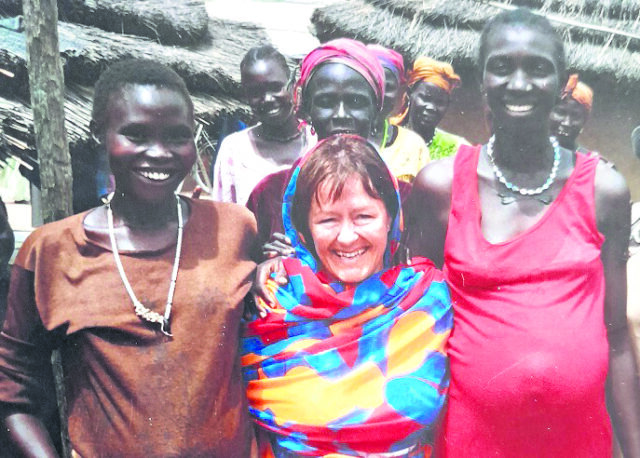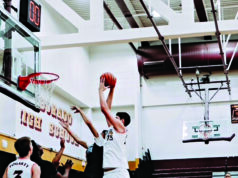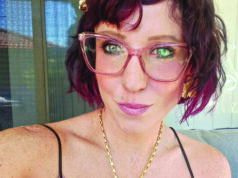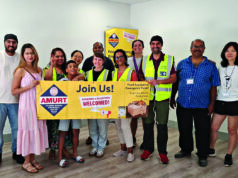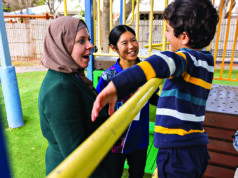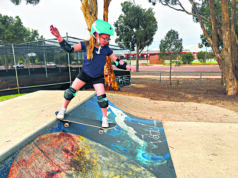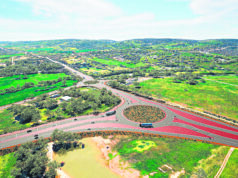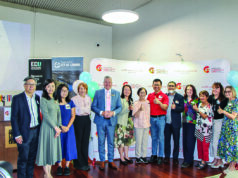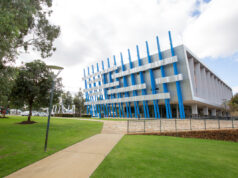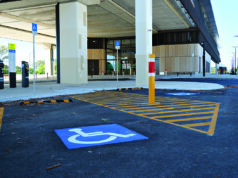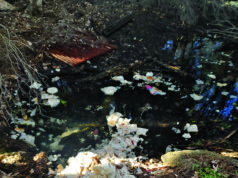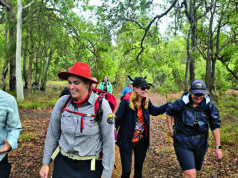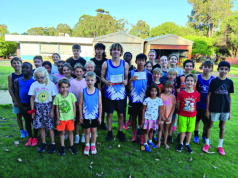Jackie Butler, a midwife at Armadale Health Service (AHS), has ‘seen it all’ while working with expectant mothers overseas in third world countries where the impact of natural disasters, conflicts and climate change are felt the most.
Jackie recalls being presented with a chicken by the Chief of one village after saving his wife, whose baby sadly died in childbirth.
“I had to find medical attention for the mother and get her on a plane – at a time when there were no planes available near the village. I flew with her and she survived. When I got back to camp, the chief held a special dinner for me,” she said.
“It was a moment of celebration in a time of great sadness.”
Describing how she enrolled for overseas service, Jackie said as a 40-year-old midwife in England she read an article about Médecins Sans Frontières, applied and was granted an interview.
“I thought I had no chance because I had never worked in a third world country and did not speak any language other than English – which were their two pre-requisites. But they thought being older I had the calmness to smooth troubled waters and mentor local healthcare staff,” she said.
Jackie, who has worked at AHS on and off since 1993, has been to South Sudan, Pakistan, Liberia, Ethiopia, Tanzania and Kiribati, sometimes to work in health clinics and sometimes to assess the gaps in health services for expectant women and prepare the health system for crisis situations.
“Sometimes the clinics in remote areas would be sent humidicribs for babies, but they had no or unreliable electricity to power them,” she said.
For Jackie, her overseas deployments offered job variety, a chance to pass on nursing and midwifery tips and “it was a nice feeling to know I was helping people”.
To prepare local midwives to be the trusted first responders in their community, she mentored local healthcare staff in techniques for helping mothers in childbirth – some ideas as simple as replacing unsterilised equipment with donations of new razors, iodine and string for tying the babies’ umbilical cord.
Some pregnant mothers walked 10 to 15 kilometres to the health clinic, after getting permission from their village medicine man, and some arrived too late.
“I was working with a retired American obstetrician in Sudan when we delivered twins on a path leading to the clinic one day,” she said.
“Another time we had to encourage women in a refugee camp to seek our help. We forged a relationship with them by donating soap and mosquito nets to them,” she said.

Jackie’s current role with Armadale Health Service sees her making home visits to new mothers in the local community – a role she relishes with as much enthusiasm as her overseas work.
On May 5, midwives at Armadale Health Service celebrated International Day of the Midwife. This year’s theme was ‘Critical in Every Crisis’, which ties in nicely with Jackie’s work overseas.
Armadale Kalamunda Group Executive Director Alisha Thompson thanked the women and men in the Armadale midwifery department for the immense contribution they make to the lives of women, babies and families in our community.
“To all our midwives – your role is irreplaceable,” she said.
“You walk alongside women through some of the most transformative moments of their lives. You bring skill, calm and kindness in equal measure. Thank you for everything you do.”
She said she was also “incredibly proud of the milestones our midwifery teams have achieved, which are a testament to their dedication and innovation”.
Some key highlights include: the Maternity Antenatal and Postnatal Service, which continues to grow and flourish, now reaching full capacity; and outstanding results in the Every Week Counts collaboration, which saw the service become a top performer nationally in reducing preterm and early term births.
Additionally, there has been a stronger commitment to consumer partnership in care via several effective initiatives, including elective caesarean section women now being admitted directly to Maud Bellas; the introduction of maternity-specific patient care boards, encouraging shared decision-making between clinicians and women; the re-introduction of lactation consultants; and securing funding for the Aboriginal Yarning Garden, a culturally safe and healing space, co-designed by local Aboriginal community members and led by Christine Parry, our Boodjari Yorgas Aboriginal Liaison Officer.
“These initiatives reflect an enduring commitment to deliver woman-centred care and improve outcomes, while always supporting and growing this deeply meaningful profession,” Alisha said.


